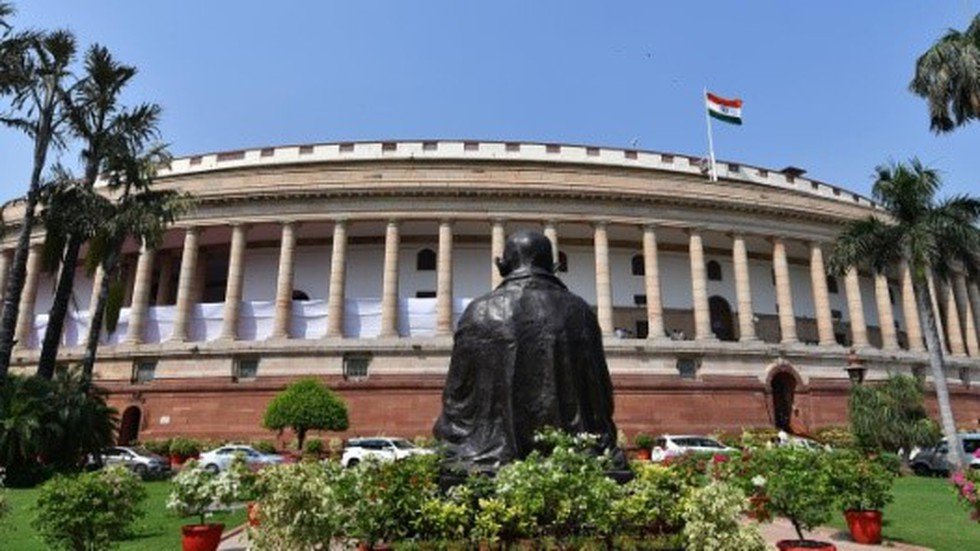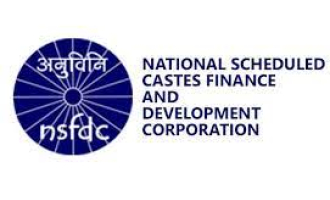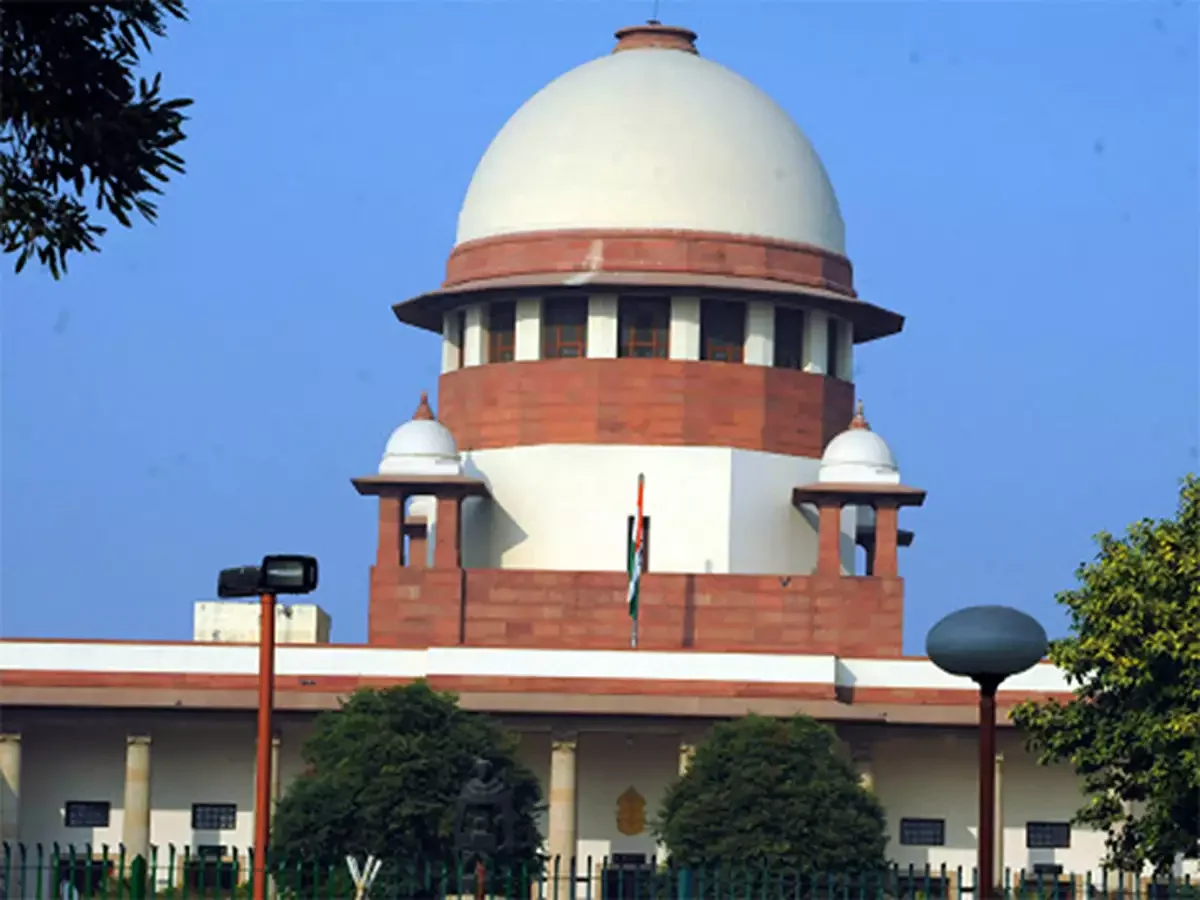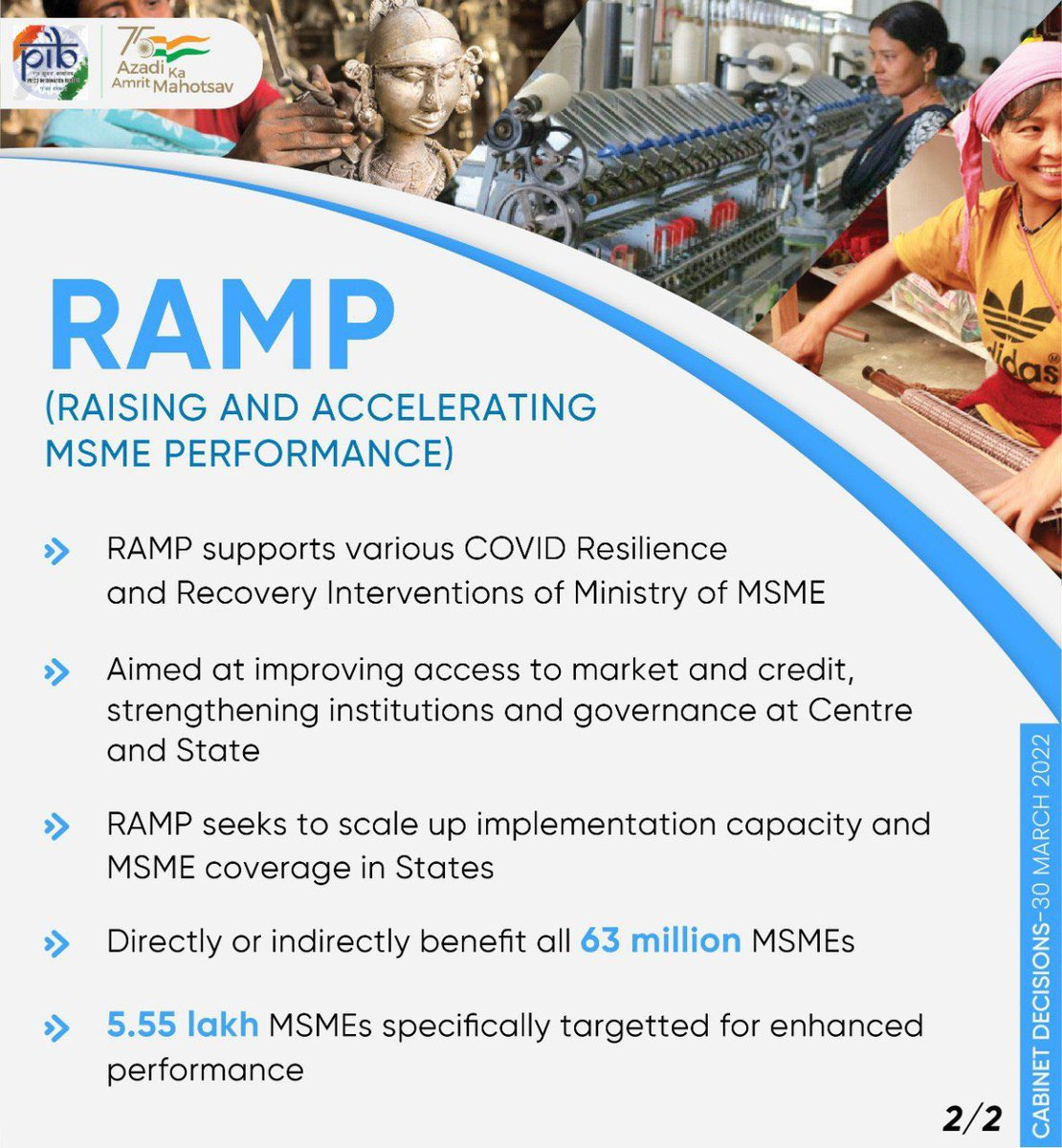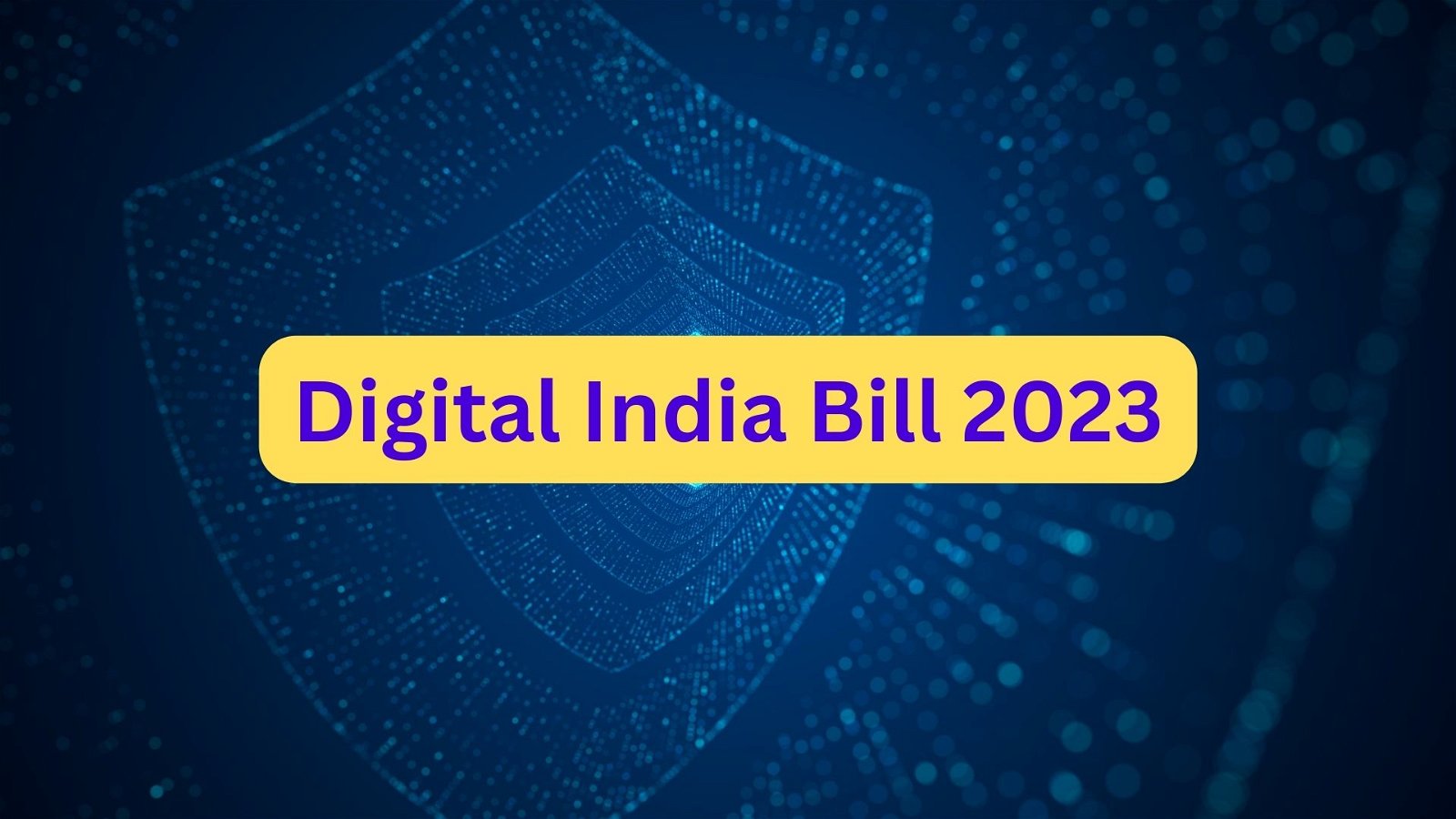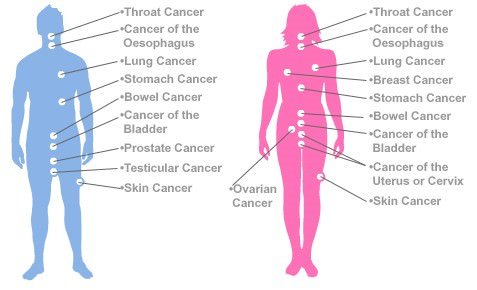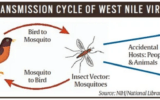
Early Childhood Care and Education
Subscribers of "Current Affairs" course can Download Daily Current Affairs in PDF/DOC
Subscribe to Never Miss an Important Update! Assured Discounts on New Products!
Must Join PMF IAS Telegram Channel & PMF IAS History Telegram Channel
- Context (PIB): The Ministry of Women and Child Development is launching-
- A National Curriculum for Early Childhood Care and Education (NCECCE) for Children from Three to Six Years and
- A National Framework for Early Childhood Stimulation for Children (NFECSC) from Birth to Three Years.
- The Ministry seeks to strengthen India’s Early Childhood Care and Education (ECCE) landscape, as 85% of brain development occurs before the age of six years.
- These initiatives are in line with the objectives set forth in the National Education Policy 2020.
- The documents have been prepared by the National Institute for Public Cooperation and Child Development (NIPCCD) with the support of an Internal Committee and development partners.
- NIPCCD will lead the training of Anganwadi functionaries on the new Curriculum and Framework.
National Institute for Public Cooperation and Child Development (NIPCCD)
|
NCECCE 2024
- It encompasses all developmental domains, as outlined in the National Curriculum Framework for Foundational Stage 2022 (NCF-FS).
- These domains include physical/motor, cognitive, language and literacy, socio-emotional, cultural/aesthetic, and fostering positive habits, catering to children aged three to six.
- The curriculum offers 36 weeks of active learning, eight weeks of reinforcement, and four weeks of initiation.
- Special focus has been given to the screening, inclusion and referrals of Divyang children in every activity.
- Community engagement has been facilitated through monthly ECCE days and a continuum of home learning activities for each week.
Objective
- To improve the quality of ECCE transacted at the Anganwadi Centre, competency-based lesson plans and activities should be prioritised and presented in a simple and user-friendly manner.
- It focuses on how children learn during their early years, emphasising playful and joy-based learning approaches to prepare them for primary school.
NFECS 2024
- It targets caregivers and Anganwadi Workers to provide holistic early stimulation for children aged birth to three years.
- This includes responsive caregiving and early learning opportunities to support optimal physical and cognitive development.
- Screening, inclusion, and referrals for Divyang children are provided with particular focus.
Objective
- To equip Anganwadi Workers with essential knowledge about children’s growth and development, emphasising the significance of brain development and the importance of nurturing care.
- It focuses on the principles of serve and return, the caregiver’s three acts: love, talk, play, and positive guidance.
Early Childhood Care and Education( ECCE)
- Early childhood is the formative stage of the first six years of life. It is the period of most rapid growth and development and is critical for the survival of an individual as a toddler.
- ECCE encompasses care, health, nutrition, play, and early learning within a protective and enabling environment.
- India has 158.7 million children in the 0-6 years age group (Census 2011) and catering to this vital segment of the population to ensure holistic development is imperative.
- India is also a signatory to the Convention on the Rights of the Child (CRC) 1989 and Education for All (EFA) 1990, which postulates ECCE as the first goal of ‘Education For All’.
- Also, under SDG 4.2, the target is to ensure that all girls and boys have access to quality early childhood development, care, and pre-primary education so that they are ready for primary education by 2030.
Significance of ECCE
- Critical stages in the development of the brain during early childhood influence the pathways of physical and mental health and behaviour throughout the life cycle.
- The deficits during these early stages of life have substantive and cumulative adverse impacts on human development.
- According to UNICEF, Pre-primary education gives children a solid foundation upon which all learning depends, making every subsequent stage of education more efficient and productive.
- Attention to ECCE is the most cost-effective way to break the intergenerational cycle of multiple disadvantages and remove inequity, leading to long-term social and economic benefits.
Constitutional and Legal Provisions concerning ECCE in India
- Art 45 of IC: The State shall endeavour to provide ECCE for all children until they complete the age of six years.
- RTE Act, Section 11: The appropriate Government may make necessary arrangements for providing-
- Free pre-school education for children above the age of three years to prepare them for elementary education and
- To provide early childhood care and education for all children until they complete the age of six years.
Schemes and programs for ECCE in India
- The Ministry of Women and Child Development empowers and supports mothers and their children under six years through-
Integrated Child Development Scheme(under Mission Saksham Anganwadi) and Poshan 2.0
- It is an integrated nutrition support programme, and Early Childhood Care and Education is an integral component of this programme.
- The primary objective is to improve the nutritional and health status of children in the age group of 0- 6 and reduce the incidence of mortality, morbidity, and malnutrition.
- It offers a package of services, such as supplementary nutrition, preschool non-formal education, Nutrition and health education, and immunisation.
- It provides a platform in the form of Anganwadi centres to offer all the above services.
- The Anganwadi services under ICDS have focused on ensuring calorie sufficiency, quality and diversity of diets, and behavioural change towards better nutrition.
PM-POSHAN (Previously known as the Mid-day Meals Scheme)
- The GOI has launched the Pradhan Mantri Poshan Shakti Nirman (PM POSHAN), which will provide one hot cooked meal in Government and government-aided Schools.
- There is the provision of hot cooked meals to children of pre-schools (before class I) and children of classes I to VIII.
National Health Mission (NHM)
- The National Health Mission was launched in 2013.
- The NHM envisages the achievement of universal access to equitable, affordable, and quality healthcare services that are accountable and responsive to people’s needs.
- The main components include Health System Strengthening, Reproductive, Maternal, Neonatal, Child and Adolescent Health, and Communicable and Non-Communicable Diseases.
Palna and Pradhan Mantri Matru Vandana Yojana (PMMVY)
- Both the Schemes under Mission Shakti also work towards ECCE.
Palna Scheme
- This initiative aims to provide safe daycare facilities and enhance children’s cognitive, nutritional, and health development.
- In July 2022, the Ministry of Women and Child Development revamped the National Creche Scheme into the Palna Scheme under ‘Mission Shakti.’
Pradhan Mantri Matru Vandana Yojana (PMMVY)
- Pradhan Mantri Matru Vandana Yojana (PMMVY) is a maternity benefit programme implemented in all districts of the country.
- The central and state governments closely monitor the scheme’s implementation through the Pradhan Mantri Matru Vandana Yojana—Common Application Software (PMMVY-CAS).
- It is a centrally sponsored scheme being executed by the Ministry of Women and Child Development.
- Direct Benefit Transfer Scheme: Cash benefits are directly deposited into pregnant women’s bank accounts to meet enhanced nutritional needs and partially compensate for wage loss.
- Target Beneficiaries:
- All Pregnant Women and Lactating Mothers (PW&LM), excluding those employed by the Central Government, State Governments, or PSUs or those who receive similar benefits under any law currently in force.
- All eligible pregnant women and lactating mothers who have had their pregnancies on or after 1 January 2017 for the first child in the family.
- Benefits under the Scheme:
- Beneficiaries receive a cash benefit of Rs. 5,000 in three instalments on fulfilling the following conditions:
- Early registration of pregnancy
- Ante-natal check-up
- Register the birth of the child and complete the first cycle of vaccination for the family’s first living child.
- The eligible beneficiaries also receive cash incentives under the Janani Suraksha Yojana (JSY). Thus, on average, a woman gets Rs. 6,000.
- Beneficiaries receive a cash benefit of Rs. 5,000 in three instalments on fulfilling the following conditions:
Mission Shakti
ComponentsSambal:
Samarthya:
|
Challenges concerning ECCE in India
- Unavailability of trained human resources: Unavailability of trained teachers, including those specifically dedicated to early childhood education in settings such as Anganwadis.
- Issues with the private sector: The unregulated private service providers in ECCE suffer from issues of inequitable access, uneven quality, and growing commercialisation.
- Lack of reliable data: There is no reliable data available about the actual number of children attending ECCE programmes.
- Quality issues: The quality and coverage of non-formal preschool/ early childhood care and education imparted through these multiple service providers are uneven and sub-optimal.
- School Readiness Competencies: A significant number of children completing pre-primary education in public or private institutions lack the necessary competencies when they enter primary school.
- Lack of convergence: All stakeholders lack an inadequate understanding of the concept of ECCE and its basic premises, philosophy, and importance.
- Capacity issues: Inadequate institutional capacity in the existing system and an absence of standards, regulatory norms, and mechanisms to ensure quality.
Other Policies Measures:
- National Policy for Children (1974): Under the policy, ICDS was initiated on a pilot basis in 1975 to lay the foundation for holistic and integrated child development and build caregiver capabilities.
- National Policy on Education (1986): The Policy considers ECCE as a critical input for human development and recognises the holistic and integrated nature of child development.
- National Nutrition Policy (1993): The Policy recommended interventions for child care and nutrition during early childhood.
- 12th Five-Year Plan: The plan emphasises the need to address areas of systemic reform in ECCE across all channels of services in the public, private, and voluntary sectors, going beyond ICDS (AWCs).
- India Newborn Action Plan (INAP, 2014): The INAP was launched in 2014 to reduce preventable newborn deaths and stillbirths with strategic interventions. It defines six pillars of interventions:
- Preconception and antenatal care,
- Care during labour and childbirth,
- Immediate newborn care and
- Care of healthy newborns,
- Care of small and sick newborns and
- Care beyond newborn survival.
- National Education Policy 2020: It recommends the inclusion of ECCE in the formal education system by proposing a new 5+3+3+4 structure.
- ECCE is a part of the first five years, which is the Foundational Stage, which includes preschool and classes 1 and 2.





![PMF IAS Environment for UPSC 2022-23 [paperback] PMF IAS [Nov 30, 2021]…](https://pmfias.b-cdn.net/wp-content/uploads/2024/04/pmfiasenvironmentforupsc2022-23paperbackpmfiasnov302021.jpg)
